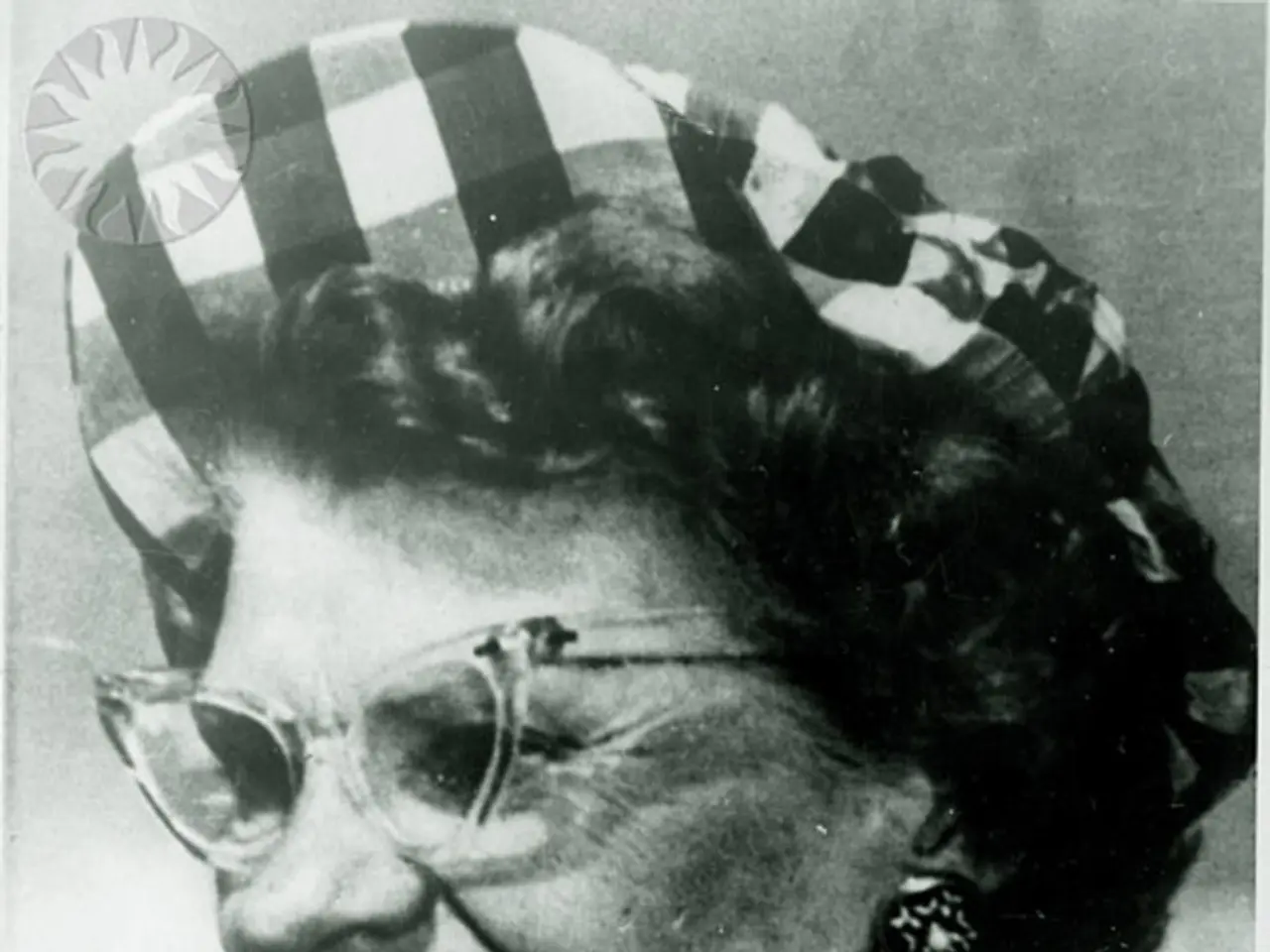Comedic Talent Might Not Be Genetically Passed Down as Thought, Surprising New Findings Reveal
According to a recent study conducted by researchers at Aberystwyth University, the heritability of a sense of humour (specifically humor production ability) appears to be absent or very low [3][4][1]. This finding contrasts with most research on other cognitive abilities, such as creativity and mathematical skills, which generally show significant genetic contributions.
The study, which involved over a thousand twins, found that while people’s self-rated humor was influenced by both genetics and environment, the actual ability to produce humor (as judged independently) showed no clear evidence of genetic inheritance; instead, it was predominantly shaped by environmental factors.
The lead author, Dr. Gil Greengross, a lecturer in Aberystwyth’s Psychology Department, highlighted that this difference is unexpected and makes the sense of humour a more complex and unique trait to understand compared to other cognitive talents that are typically inherited to some extent [1][3][4].
The study used caption writing for New Yorker cartoons to measure humor objectively and analyzed the captions using the Many-Facet Rasch Model. Participants, who were twins, were asked to write a funny caption for each cartoon, and their responses were then analyzed to derive an IRT-based humor ability score for each twin.
The study's findings are surprising because humor is highly correlated with intelligence, traits like verbal ability and creativity, which are inheritable. However, the study's results showed a weak correlation between participants' self-perceived humor ability and how funny they actually were to others.
The study also asked participants to rate their own humor ability and their twin's humor ability. Interestingly, the study found a strong correlation between how twins rate themselves and how they rate their co-twin, but a weak correlation between participants' self-perceived humor ability and how funny they actually were to others.
The study's conclusion is a call for further research, with the team suggesting that humor ability is a complex and unique trait influenced by numerous psychological attributes and personality characteristics. The researchers caution that this is the first study of its kind and that more research is needed to confirm these results, but it opens intriguing questions about how humor develops differently from other cognitive abilities.
The study's findings raise the question of what exactly makes us funny if our sense of humour is not inherited. As the study suggests, humor production ability (HPA) lacks heritability, contradicting most research on the heritability of cognitive abilities. The study is published in the journal Twin Research and Human Genetics.
It's important to note that this study only looked at humor production ability and not other aspects of humor, such as humor perception or appreciation. Future studies with different twin demographics and alternative methods to assess HPA will provide a clearer picture of how heritable HPA is, if at all.
In summary, the study suggests that humor production ability may not have a significant genetic basis and is primarily shaped by environmental factors. This finding contrasts with most research on other cognitive abilities, such as creativity and mathematical skills, which generally show significant genetic contributions. The study's results highlight the complexity and uniqueness of humor and the need for further research to understand its development and underlying mechanisms.
- The study's results suggest that the ability to produce humor is predominantly shaped by environmental factors, contrary to expectations based on its correlation with intelligence and other inheritable traits.
- The study published in Twin Research and Human Genetics found a weak correlation between participants' self-perceived humor ability and how funny they actually were to others, challenging common beliefs about humor's genetic inheritance.
- The findings raise intriguing questions about the development of humor, as humor production ability (HPA) lacks heritability, contrary to most research on the heritability of cognitive abilities like creativity and mathematical skills.
- The conclusion of the study is a call for further research to better understand the complexities and uniqueness of humor, as it appears to be influenced by numerous psychological attributes and personality characteristics.
- The study highlights the importance of considering environmental factors in understanding the development of humor, as it suggests that humor may not have a significant genetic basis compared to other cognitive abilities.




